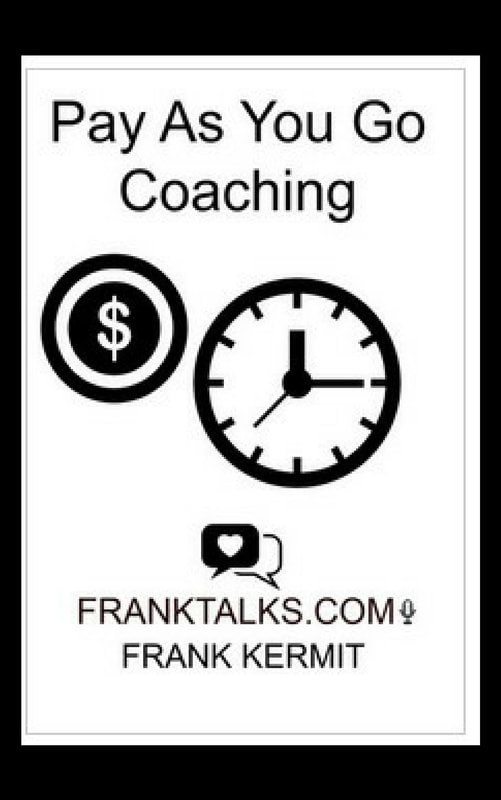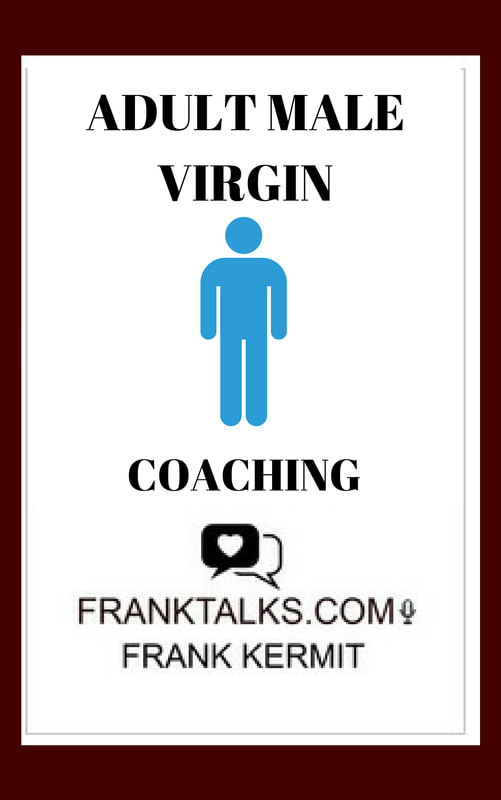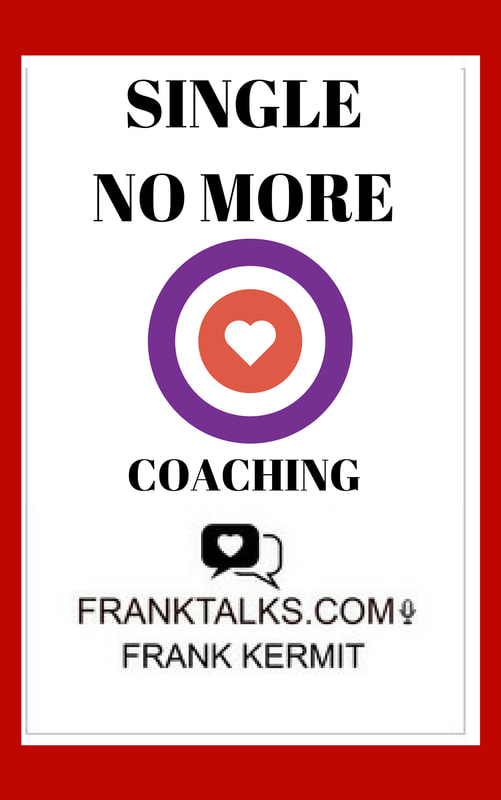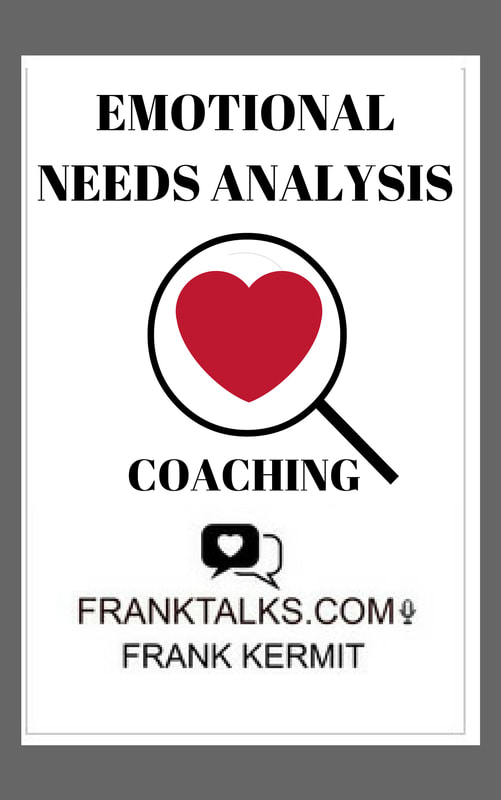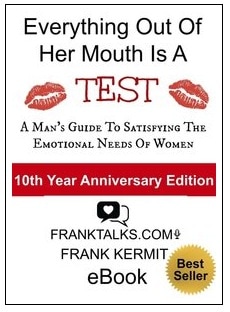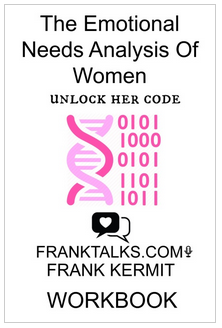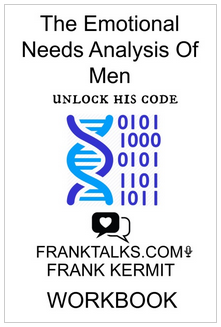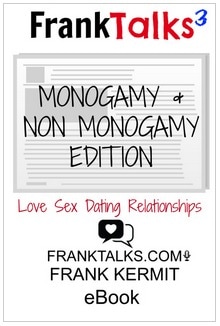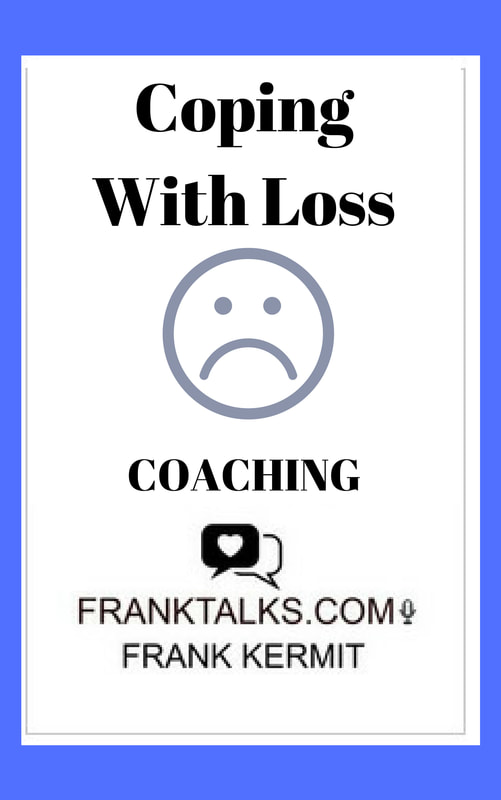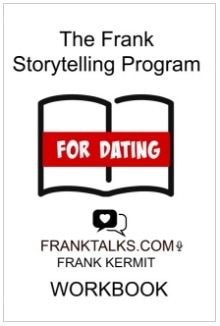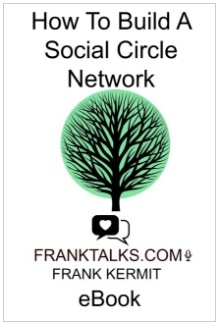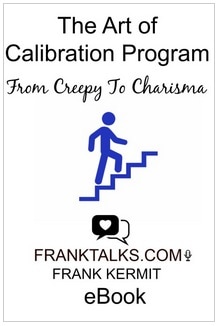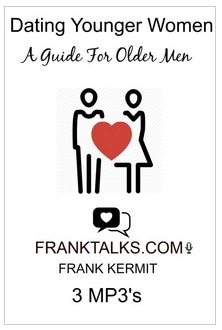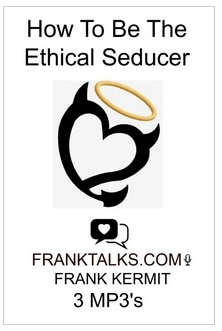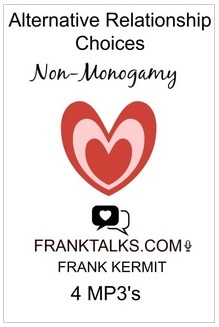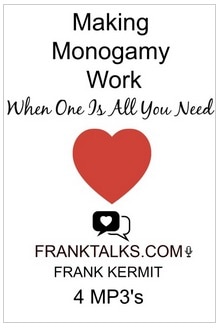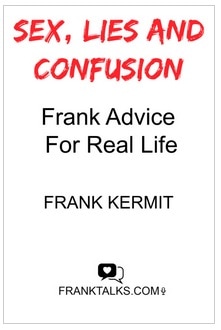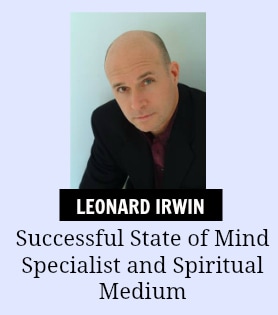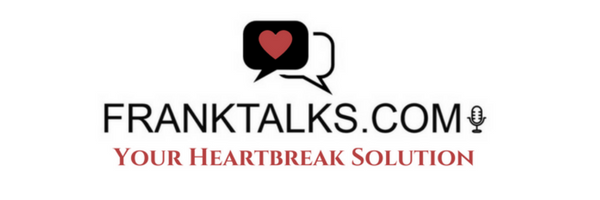|
Mental Health Recovery & The Roller-Coaster of Love by Elodie Bruton If there’s one thing that can make us feel crazy: it is love. So what happens when you have a mental health problem and are looking for love? I am a community mental health worker at Centre Bienvenue and want to share how love relates to recovery. Suffering from a mental illness, being hospitalized, having to stop working, dropping out of school and accumulating multiple crisis or setbacks drastically shapes a person’s confidence and self-worth. When a person is going through a crisis or is at the beginning of dealing with their mental illness, life can feel like it's coming to a stop. And when the initial shock is over, often the main focus is trying to remain stable, taking care of oneself and not rock the boat. What follows is a feeling that your dreams have been shattered. That you will never be the person you wanted to be. This translates into despair, discouragement and a general feeling that suffering from a mental illness means never having a family, a job, a ‘normal’ life. And here we have the image of:
However, dating, falling in love, and meeting your soulmate requires taking a risk. Mental health recovery means emerging from this crisis by redefining oneself, finding new interest, discovering your strengths, trying new things, finding you have talent in those things and slowly rebuilding your self-confidence. Recovery does not necessarily mean being cured but rather living beyond the illness. Where the illness does not define your life anymore. Therefore being able to have a relationship with a partner is an important part of overcoming the illness and getting back the feeling of normalcy and of being an active part of society. Unfortunately the importance of being in a relationship can often be overlooked by a persons treating team. Dating is not seen as a priority in their stability. Also when mental stability is the main focus of their treatment, the high and lows created by love can even seem counter intuitive. There is a perception that the person is at a high risk of becoming unstable because of an incapacity to regulate emotional upheavals. This is scary for mental health workers trying to stabilize a patient to prevent re-hospitalization or suicide attempts. But it is also scary for the person suffering from a mental illness, as well as for family and friends. Dating requires us to engage in a range of emotions:
But learning to overcome this fear, finding tools to deal with emotions and gaining enough self-confidence to take that risk is what mental health recovery is all about. About The Author
0 Comments
Leave a Reply. |
Categories
All
Archives
June 2024
NDG Encore Singing Chorus **** Every Friday Night Dr. Laurie Betito Quotes
|
|
FRANK KERMIT MA
EXPERT RELATIONSHIP COACH HELPING PEOPLE CONNECT |
ALL COACHING IS BY TELEPHONE OR SKYPE ONLY INTERNATIONAL CLIENTS ARE WELCOME *INTERNATIONAL CLIENTS ARE RESPONSIBLE FOR LONG DISTANCE PHONE CHARGES, +1 Canada/USA* SKYPE IS PREFERRED. IT'S FREE AND EASY TO USE FROM ANYWHERE IN THE WORLD TELEPHONE: +1-514-680-3278 EMAIL: [email protected] SKYPE: frank kermit PLEASE NOTE THAT ALL SALES ARE FINAL. NO REFUNDS OR EXCHANGES
|

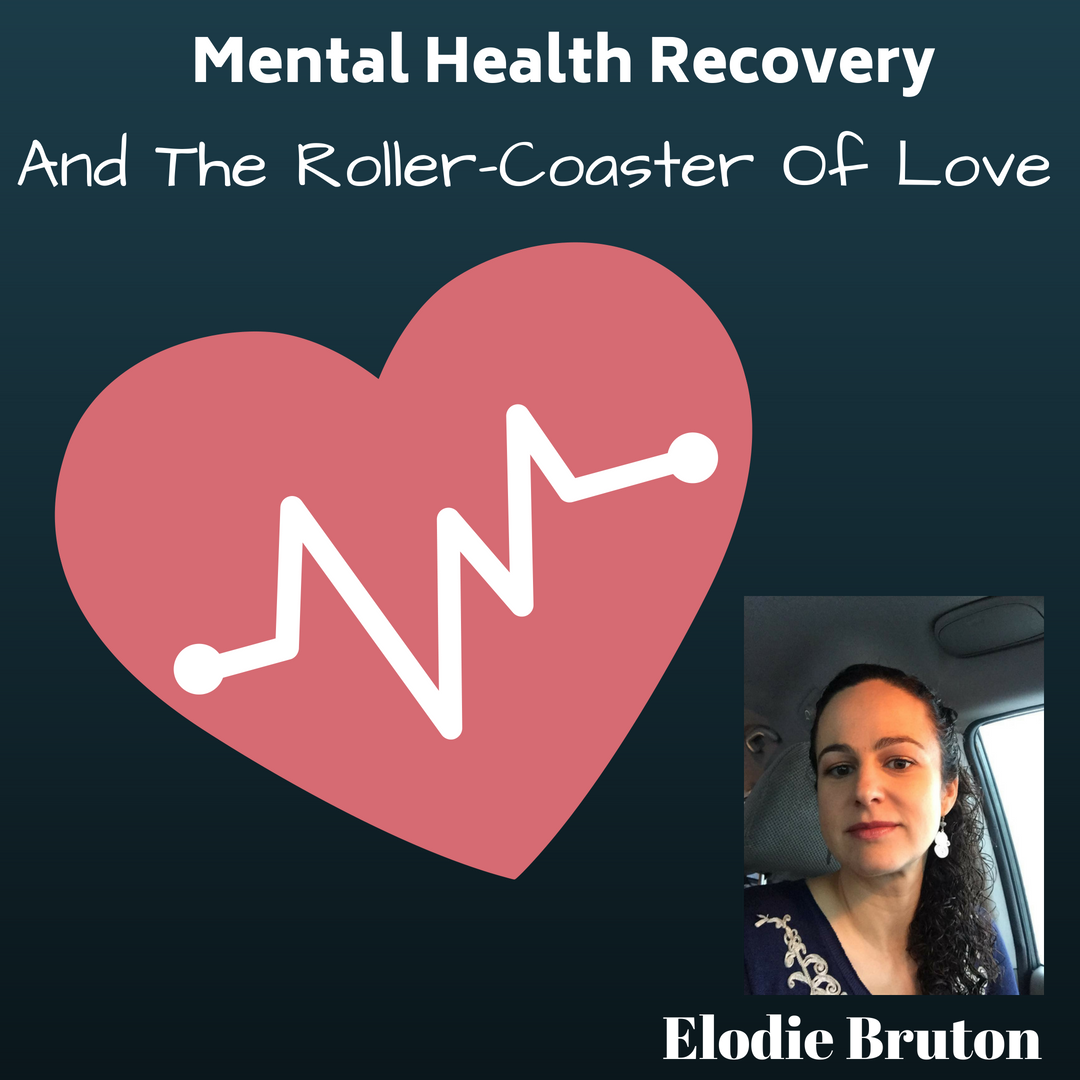


 RSS Feed
RSS Feed


